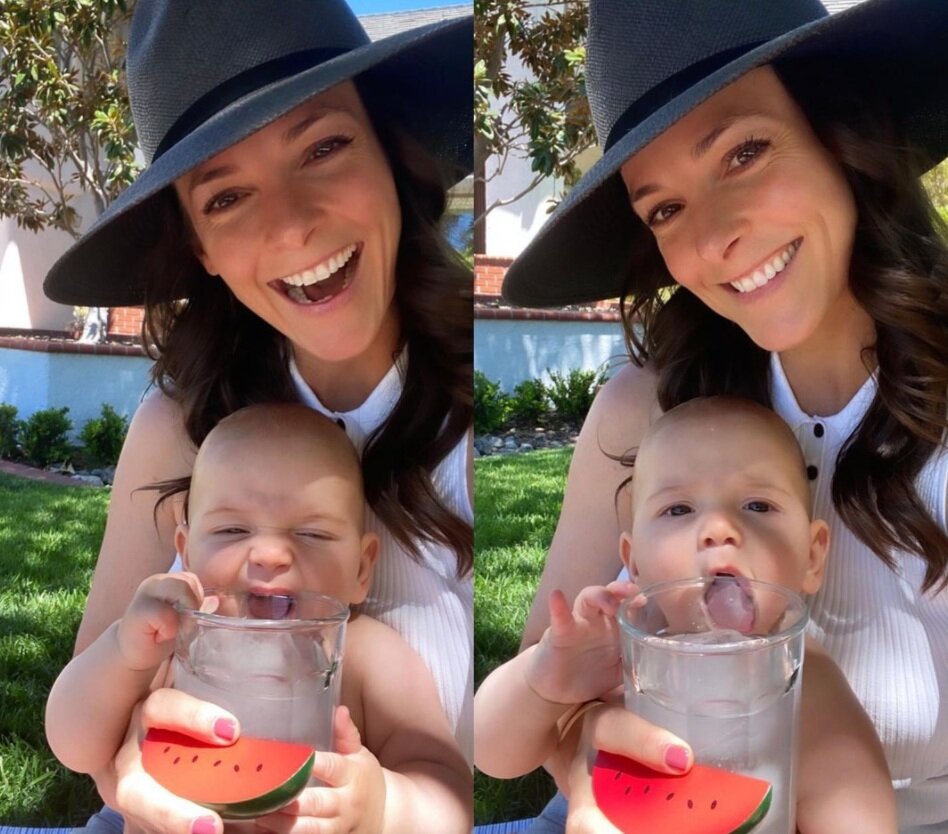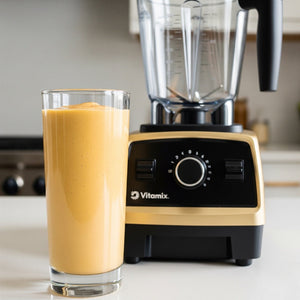
This page contains affiliate links and are asterisked as they appear.
Staying hydrated is a hot topic in the health and wellness industry, and for good reason. Water is vital for our survival and ensures the proper balance of fluid both in and outside of our cells. It assists with the nervous system, temperature regulation, muscle function, nutrient transport, and proper excretion of wastes from your body to avoid toxicity.
But water alone isn’t the answer to proper hydration, especially when you’re sweating a lot, like if you’re an athlete, regularly take part in demanding workouts, or in hotter weather (hi, there summer). Proper hydration status (called euhydration) means having adequate fluids present in your body. This fluid balance depends on many factors, including the intake and excretion of electrolytes. Many people drink plenty of water but don’t replenish electrolytes, leaving them at risk for electrolyte imbalance or deficiency and symptoms like headaches, cramps, fatigue, and weakness.
If you follow a low carb or keto lifestyle, you’re even more at risk for electrolyte imbalance. This is true for a couple of reasons. First, you’re likely eating less processed food with these eating patterns, which tends to be high in sodium. Second, your body excretes electrolytes at an increased rate while in a low-carb, ketogenic, or fasted state. Supplementing your diet with electrolytes helps maintain adequate levels that keep your body functioning properly, and can even reduce symptoms of the “keto flu.”
There are several electrolytes that are important for health and hydration. Electrolytes are charged minerals that conduct electricity to power your nervous system. They also regulate hydration status by balancing fluids inside and outside your cells, and play a critical role in regulating appetite and curbing cravings. I have also personally seen a dramatic increase in my milk supply while breastfeeding that I can only attribute to adequate electrolyte supplementation.
Sodium in particular gets a really bad rap because of concerns about heart health and blood pressure. The government recommends consuming less than 2.3 grams of sodium per day, ostensibly for heart health. But a 2011 JAMA study found that 5 grams per day was the sweet spot for heart health. That said, the majority of salt (over 70%) Americans consume comes from processed foods, which is also loaded with trans fats, sugars, and artificial ingredients.
So what’s my recommendation? Get rid of the processed foods and bring back the salt shaker.
There’s no need to fear salt, and if you’re eating a whole foods based diet, you probably need to add some salt to your meals. Otherwise you risk electrolyte imbalances and the unpleasant side effects that come with them.
My favorite way to supplement electrolytes and stay hydrated all year long is with LMNT. It’s simple - just sodium, potassium, and magnesium. LMNT re-invented traditional sports drinks to bring you a simple electrolyte drink that tastes great, is completely sugar free, and can help you maintain electrolyte levels no matter what your day-to-day looks like.
Toss the old fashioned sports drinks (and the processed foods) and give *LMNT a try! Plus, just in time for summer, they released a new flavor - watermelon! It tastes like a watermelon Jolly Rancher and I’m crazy about it!





